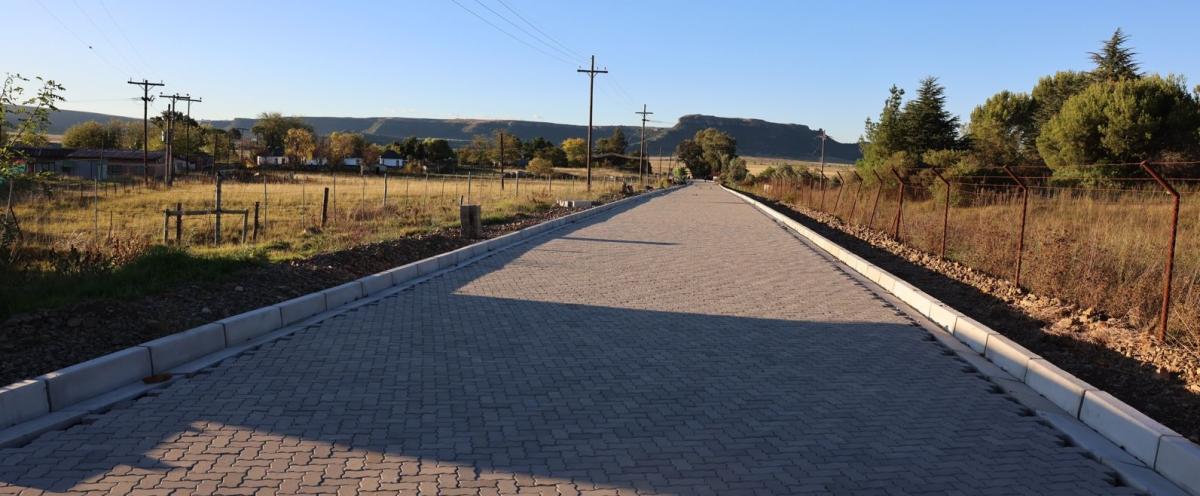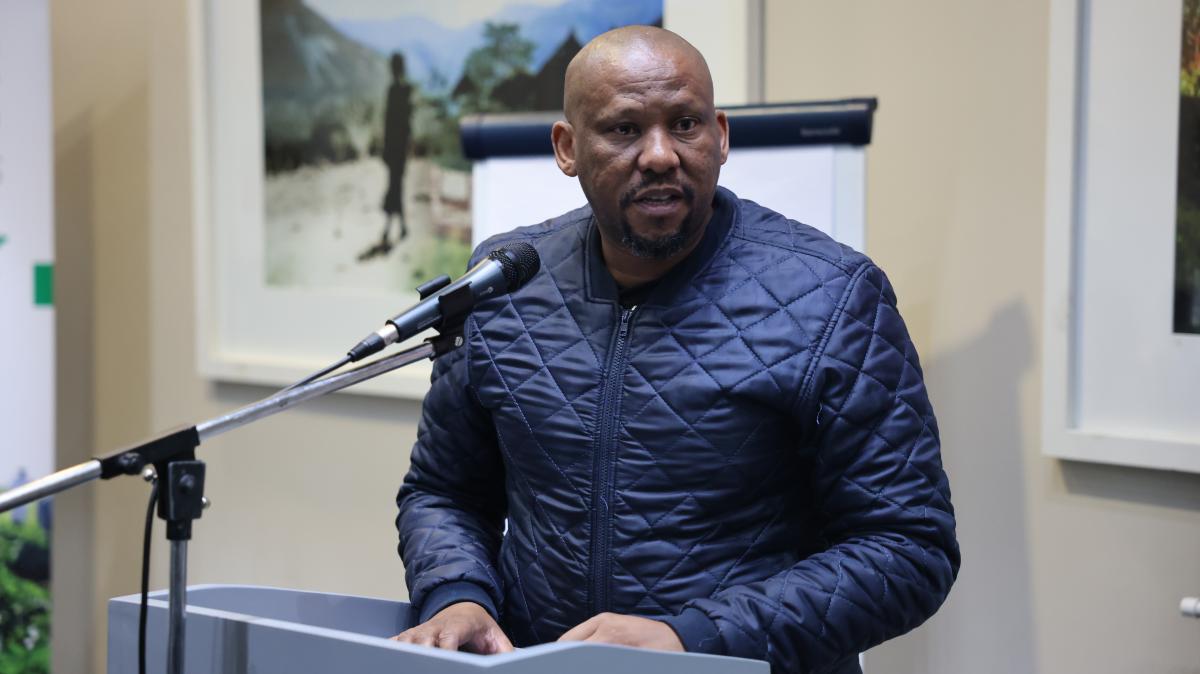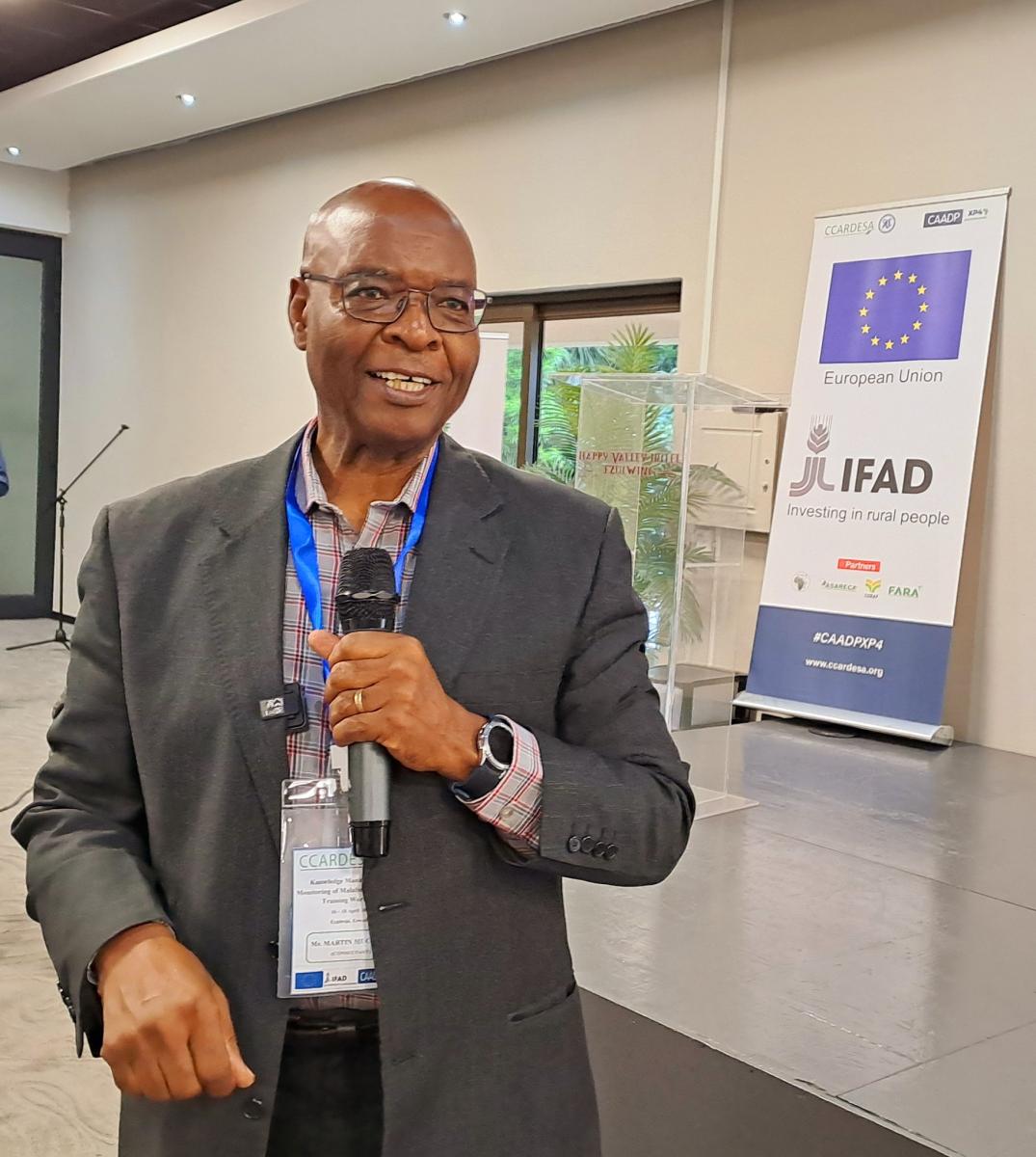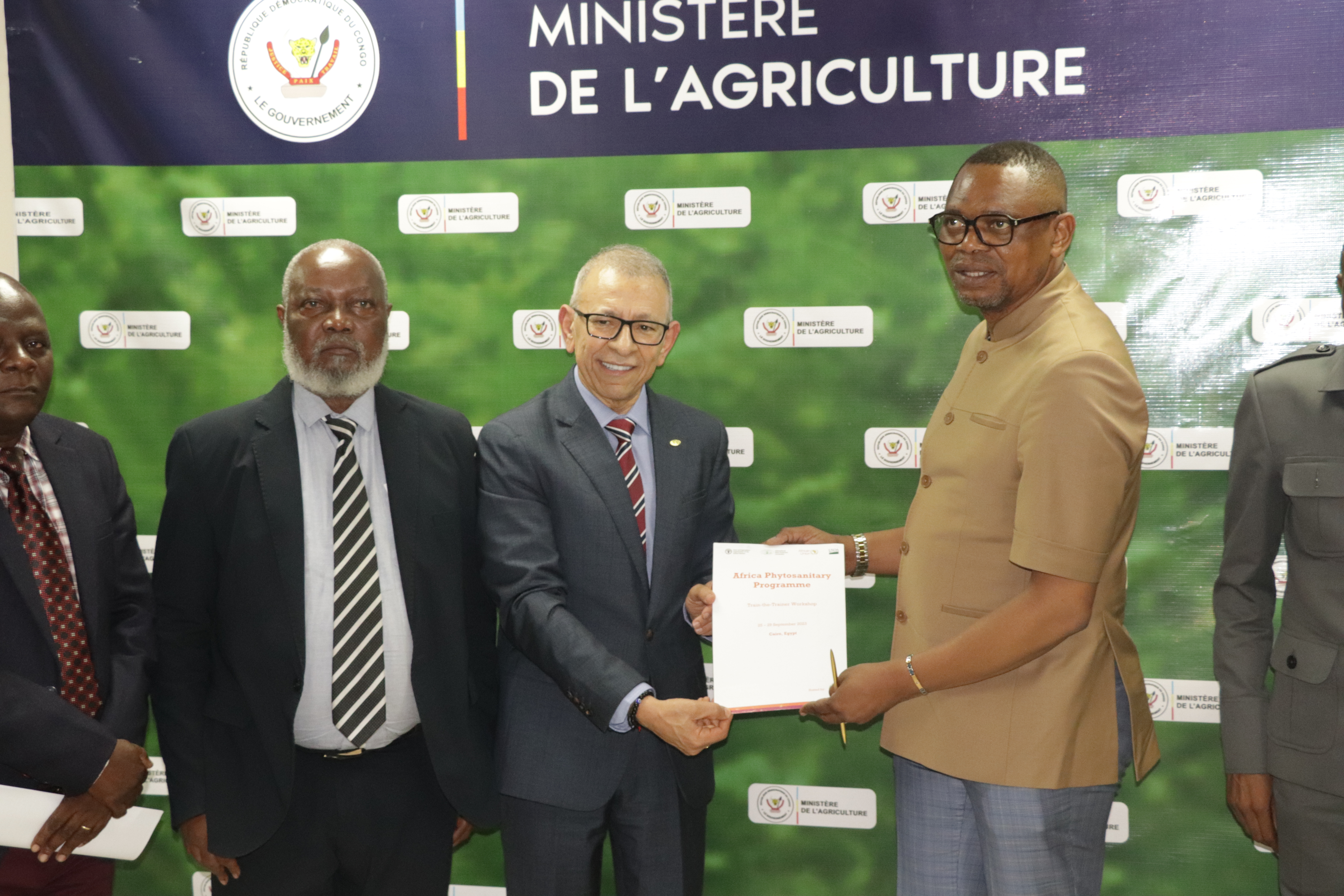APPSA grooms successful lead farmer to promote conservation agriculture in Malawi
This is a story of Patricia Dzimbiri a Malawian who was groomed by the Agricultural Productivity Program for Southern Africa (APPSA) project through participating in farmer field trials for conservation agriculture and maize/legume intercropping systems. She has grown into a lead farmer supporting conservation farming in her district.
Lead Farmer
Conservation Agriculture
CA
Malawi
Gender
Banda, M. 2017. APPSA grooms successful lead farmer to promote conservation agriculture in Malawi, APPSA, Gaborone













